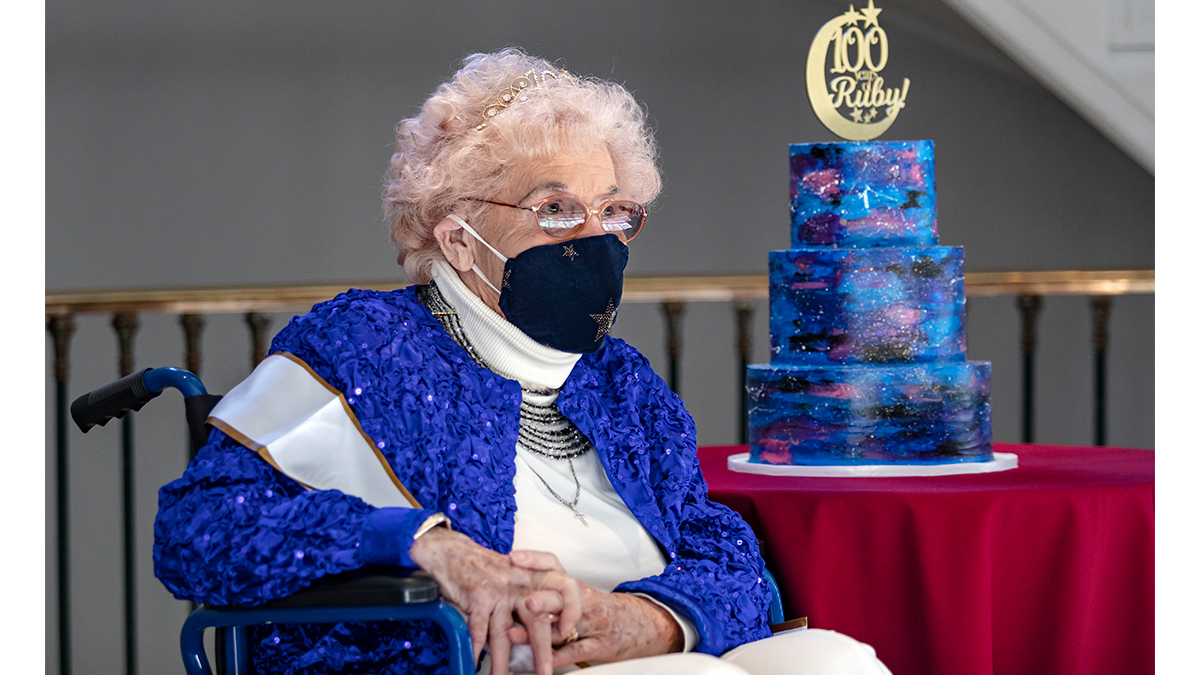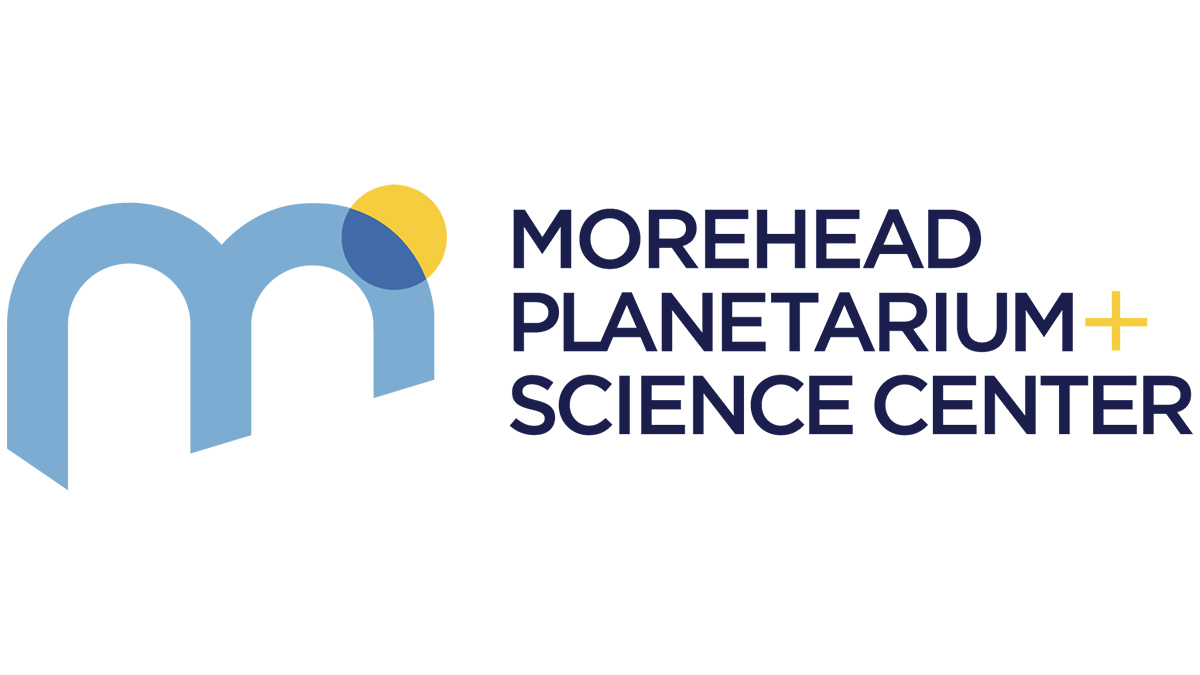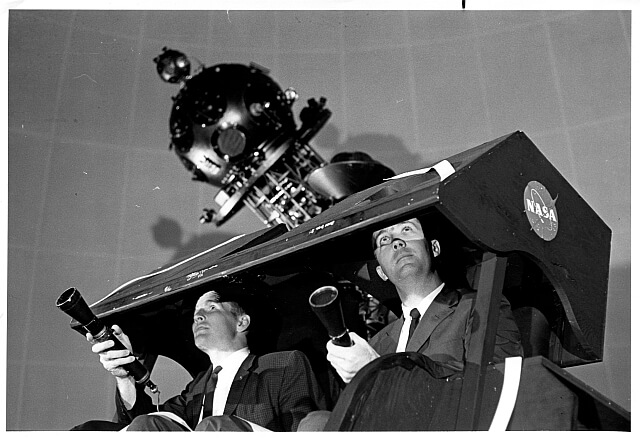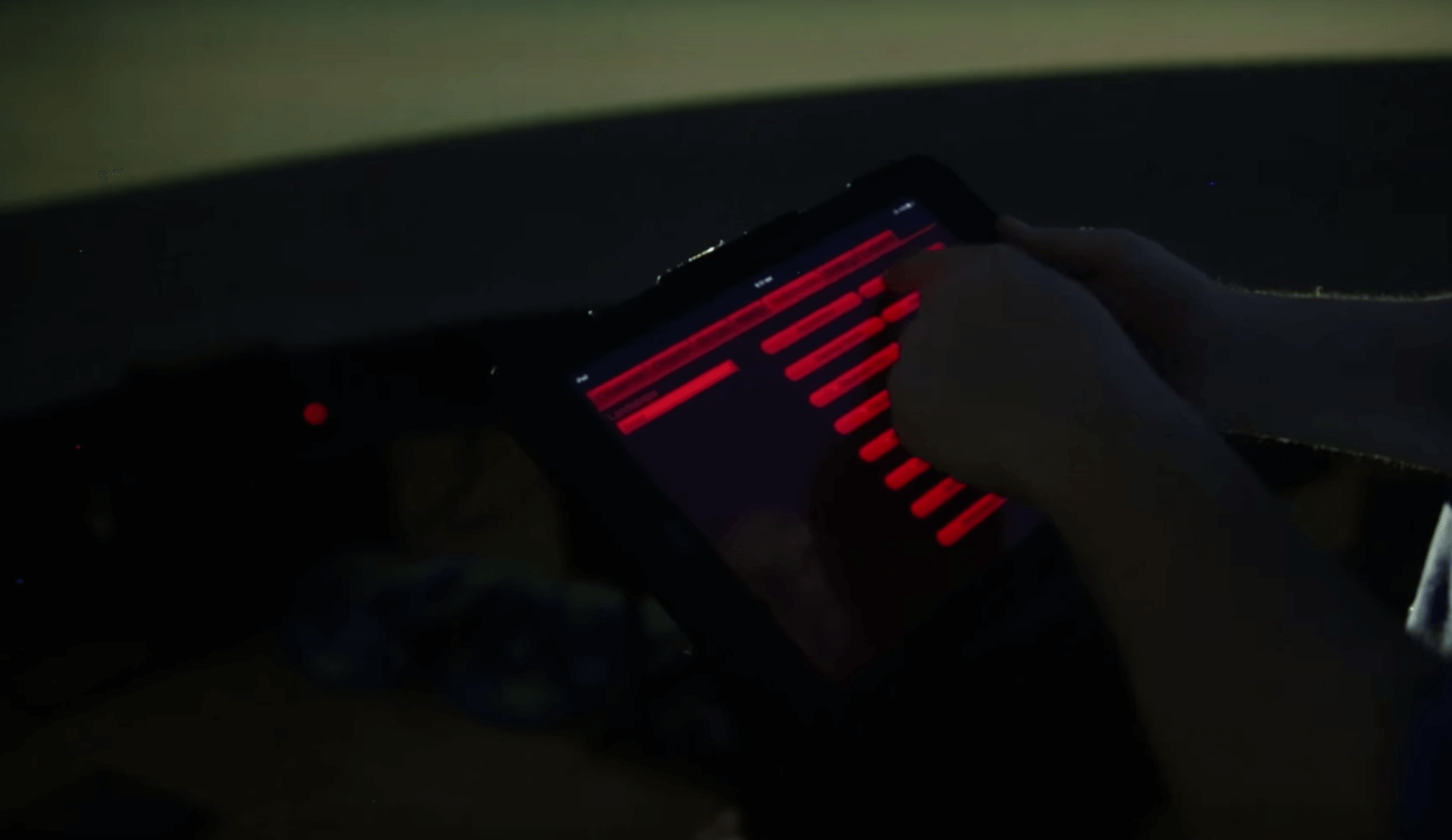Reopening a universe of possibilities
After a $9.2 million renovation, the Morehead Planetarium and Science Center is prepared to continue sharing the wonders of space and science with North Carolinians for generations to come.
Press the play button to watch the video
For more than 70 years, the Morehead Planetarium and Science Center has helped children from across North Carolina dream of outer space and has even helped some astronauts train to get there.
Now, after an extensive multi-year renovation, Morehead is prepared to continue sharing the wonders of space and science with North Carolinians for generations to come. The center reopened in November with expanded exhibit space, a new entrance on McCorkle Place and improved access to the building for those with disabilities.
“We have a long history of educating people about the stars and the universe,” said Todd Boyette, the director of Morehead. “We open a universe of possibilities every day at the planetarium, but this gives us a new way of expanding people’s universe.”
The planetarium first opened in 1949, making it the first planetarium in the South and the first on a university campus. It was given its current name, Morehead Planetarium and Science Center, in 2000 to reflect its ongoing commitment to providing a gateway to all sciences for North Carolinians.
The recent renovations have even better prepared Morehead to carry out that work going forward.
“For more than 70 years, we’ve been a planetarium with a couple of classrooms and about 800 square feet of exhibit space,” Boyette said. “But to tell the story of science and Carolina, which is what we have been charged to do, we want to tell those stories in as many ways as possible, and one of the compelling ways you can tell stories about science is through exhibits.”
On the main floor, the Gateway Gallery gives new life to the building’s elegant portrait gallery by adding informative banners highlighting the history of the planetarium and of science and discovery at Carolina. The Science Stage, which opens off of the Gateway Gallery, has been updated with new audio and visual technology to enhance the planetarium’s science education programming.
Downstairs, the new Breakthrough Hub celebrates current Carolina researchers’ work, and the Launch Lab allows visitors to experiment with the processes of science and innovation hands-on.
While the renovation moved Morehead to the cutting edge of science education, Boyette and his team made sure that the decades-old building’s historic character continues to shine through.
“In a building that’s historic and iconic, like the Morehead Planetarium and Science Center, it has been a unique and wonderful challenge,” Boyette said.
In addition to creating new spaces, a key focus of the renovation was making the building accessible to all visitors, including those with disabilities. With careful planning and innovative engineering, the building’s elevator is now compliant with the Americans with Disabilities Act and opens on all floors for the first time in the planetarium’s history, further opening up the world of discovery to all who enter Morehead’s doors.
Although completing the renovation during the COVID-19 pandemic presented some unexpected obstacles, the team finished the project following all safety protocols. And when the planetarium reopens, those same safety protocols — like limiting capacity and requiring masks — will be vital to the operation.
“We know we can do this safely. We know we can,” Boyette said. “We’ve spent a long time figuring it out, and we have a lot of great resources to help us.”
With the planetarium’s renovation complete and safety protocols in place, Boyette is eager to reopen Morehead’s doors and to continue serving our state from right here in Chapel Hill.
“Our hope is when you come to Morehead now, you’ll have a glimpse of the vibrant university that Carolina is and the many different kinds of contributions that Carolina makes, through its people, in the various sciences and tackling the many, many challenges that we’re dealing with as a society,” Boyette said.



